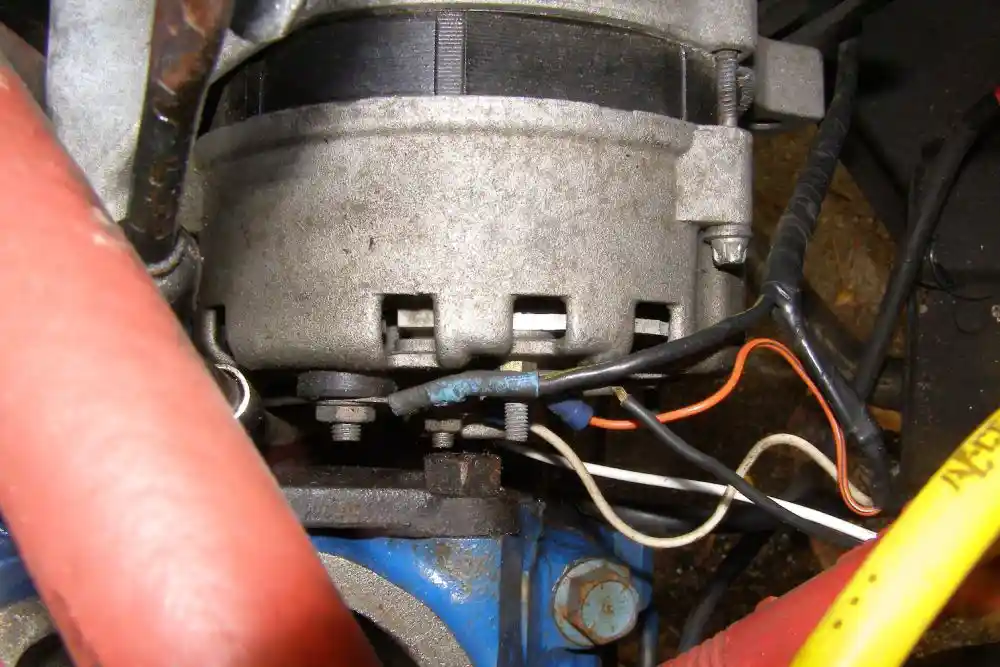One Wire Alternator Wiring Diagrams are essential tools for understanding the electrical system of a vehicle. They provide a visual representation of how the alternator is connected to the battery and other components, helping mechanics and DIY enthusiasts troubleshoot and repair electrical issues efficiently.
Importance of One Wire Alternator Wiring Diagrams
- Helps in understanding the electrical connections in the vehicle
- Aids in diagnosing and fixing electrical problems
- Ensures proper installation of the alternator
- Improves overall electrical system performance
Reading and Interpreting One Wire Alternator Wiring Diagrams
When looking at a One Wire Alternator Wiring Diagram, it is important to understand the symbols and colors used to represent different components. Here are some key points to keep in mind:
- Follow the flow of the diagram from the alternator to the battery
- Pay attention to the color codes for wires
- Identify the various connections and their functions
- Refer to the legend or key for any symbols used in the diagram
Using One Wire Alternator Wiring Diagrams for Troubleshooting
One Wire Alternator Wiring Diagrams are invaluable when it comes to troubleshooting electrical problems in a vehicle. By following the diagram, you can pinpoint the source of the issue and take necessary steps to fix it. Here’s how to use the diagram effectively:
- Check for loose or damaged connections
- Test the voltage at different points in the circuit
- Compare the actual wiring with the diagram to identify discrepancies
- Consult the diagram to determine the proper wiring sequence
Remember, safety is paramount when working with electrical systems and using wiring diagrams. Here are some essential safety tips to keep in mind:
- Always disconnect the battery before working on the electrical system
- Use insulated tools to prevent electrical shocks
- Avoid working on the system when the engine is running
- Double-check all connections before reassembling the system
One Wire Alternator Wiring Diagram
One Wire Gm Alternator Wiring Diagram

One Wire Alternator Wiring Diagram Ford Pictures – Wiring Collection

Wiring Diagram 1 Wire Alternator – Wiring Digital and Schematic

One Wire Alternator Wiring Diagram Chevy: Installation Instructions

The Ultimate Guide to Powermaster 1 Wire Alternator Wiring: Diagrams

Chevy 1 Wire Alternator Wiring Diagram
